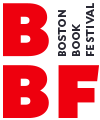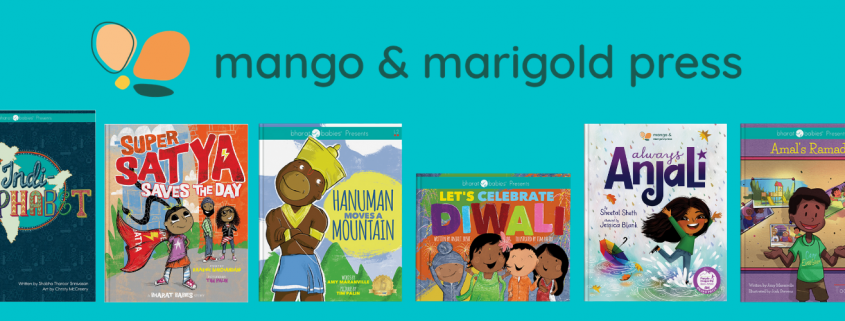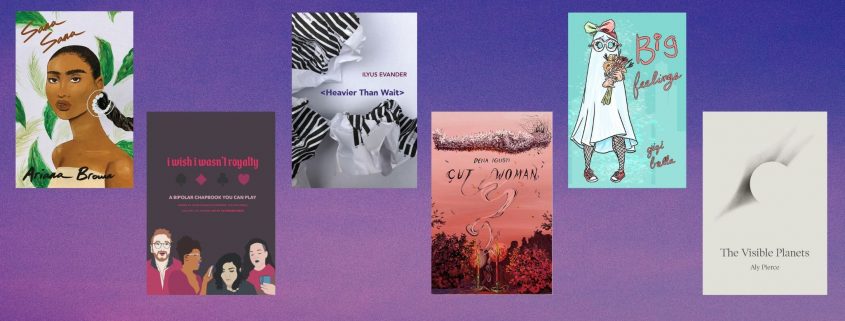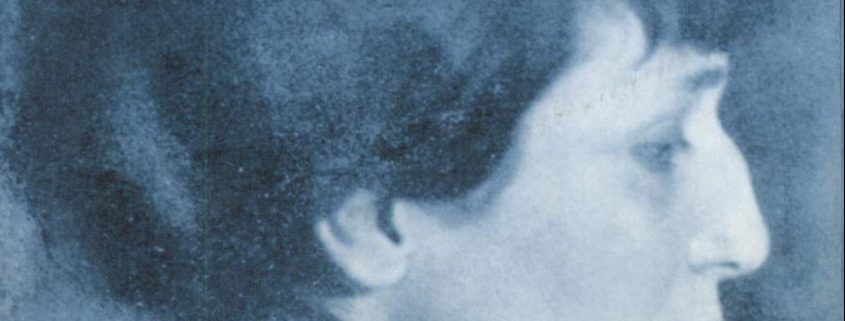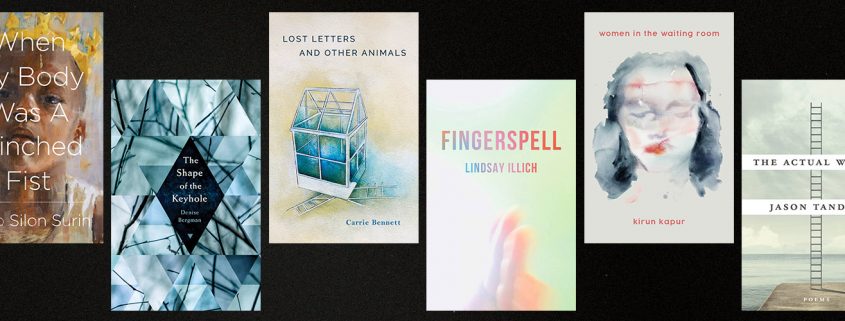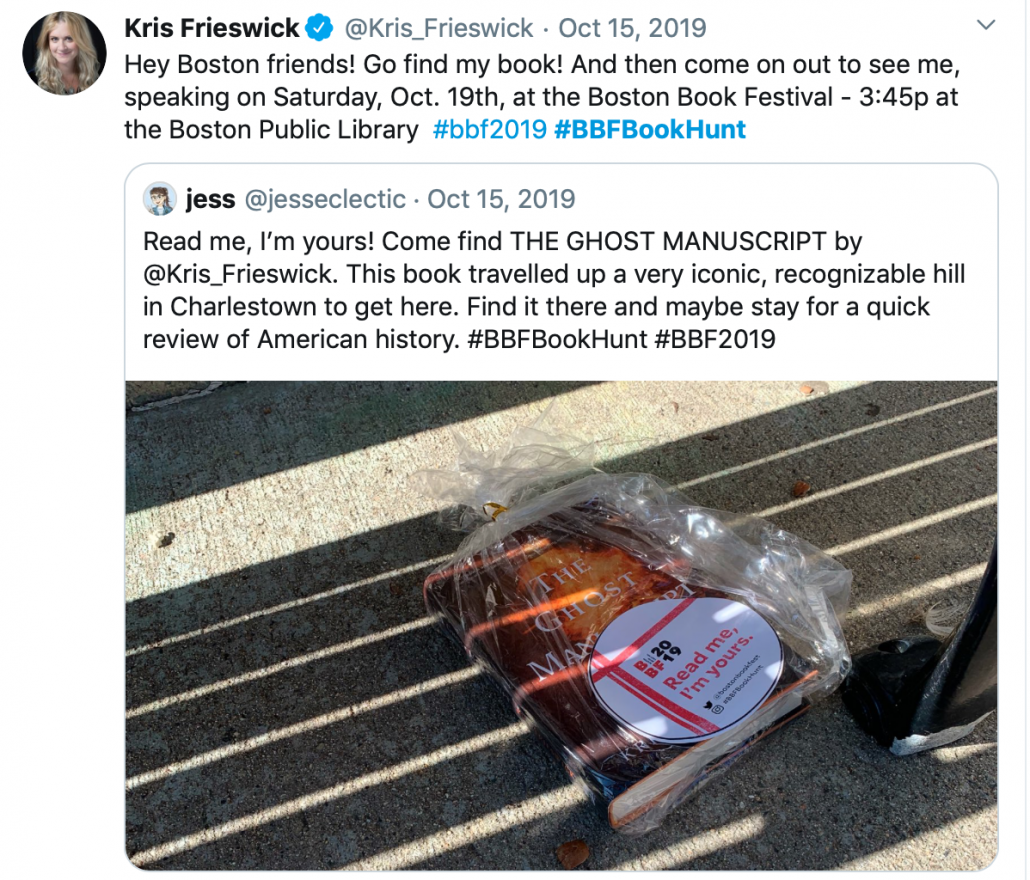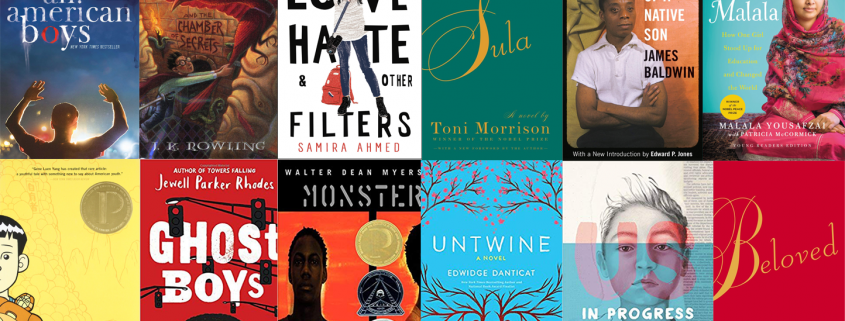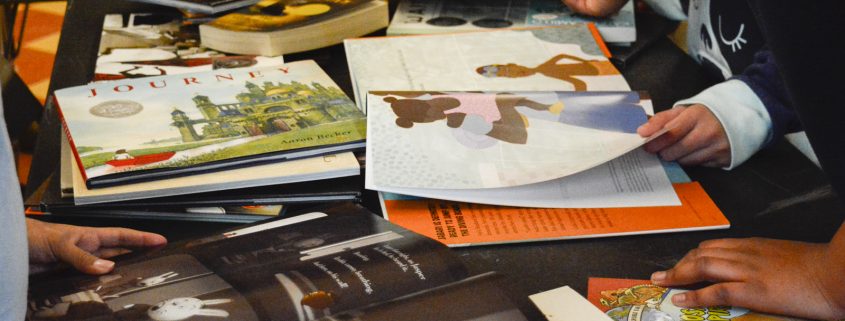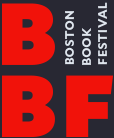Q&A with Mango & Marigold Press’ Founder, Sailaja Joshi
This week, we had the opportunity to speak with Sailaja Joshi, founder of Mangold & Marigold Press.
Could you tell us about why you started Bharat Babies? What gap did you see?
With the impending birth of my first child, I was searching for books about my Indian culture. Upon reading the few stories that existed, I realized that many of them were inappropriate or worse, insensitive.
Knowing the power of representation, I decided that I would not raise my daughter in a world where she wouldn’t see herself on the cover of a book as the hero. So with my sister and a close friend, we set out to change home libraries. The first book we released was Hanuman and the Orange Sun. And WOW did we see some magic with kids seeing themselves firsthand.
Since we were founded in 2015, the state of diverse books has improved but there’s still a long way to go to close this diversity gap. In 2018, 50% of books depicted white kids and 27% featured animals or others leaving the remaining 23% to be divided between characters of diverse backgrounds. We are a company dedicated to closing this diversity gap and we won’t stop!
Could you talk about the name change from Bharat Babies to Mango & Marigold?
Bharat Babies started as a small, mission-driven boutique publishing house and turned into a movement. With award-winning books across multiple categories, features in national media and international tv, we’ve helped to showcase the importance of diversity in children’s literature and make a stand for representation.
When we started, our vision was to share the stories of our home, our heritage, of India. It’s why we selected our name Bharat Babies, to reflect the home of our families and the community we were trying to reach. But over the past few years, we’ve quickly realized just how much more work needs to be done. We’ve realized that the stories of the entire South Asian experience need to be told. Stories that go beyond the borders of India. Stories that go beyond childhood.
After nearly two years of reflection and conversations, our team decided to make a change to our name. A change that will reflect our broader mission and vision behind our brand. A change that reflects our path forward.
So in January 2020, Bharat Babies transitioned to the name Mango and Marigold Press, an award-winning independent publishing house that shares the sweet and savory stories of the South Asian experience.
With a new look, a new tagline, our vision is to continue to share the stories of the South Asian experience, expanding beyond children’s literature to the likes of middle grade, young adult, and more. In addition, we expand our borders beyond those of India to include countries like Afghanistan, Pakistan, Bangladesh, Sri Lanka, Nepal, Bhutan, the Maldives, and more.
What makes your press unique?
Our books open up the world, reflecting a broader picture of the world at large. Even in 2020, the number of books that feature non-white characters is shockingly low. We aim to close not only the diversity gap but also the accessibility gap. In 2019, we founded our #1001DiverseBooks initiative. Members of the community sponsor our new release books for just $10 and that copy is donated to nonprofit and literacy advocacy organizations who then get these books into the hands of those who need them the most.
When you buy a Mango & Marigold Press book you ensure that every child sees themselves as the hero of their story. When children see themselves in the ordinary and extraordinary, they realize that anything is possible.
Could you tell us some highlights from the last year?
Oh wow! We have had such an exciting year with starting our #1001DiverseBooks campaign, rebranding, and officially releasing our very first young adult anthology, untold: defining moments of the uprooted, and middle grade novel, Rea and the Blood of the Nectar. We have so many more books that are coming and we can’t wait to share them with the world! are in the process of rolling out more middle grade and young adult content.
Our #1001DiverseBooks initiative is the heartbeat of our expanded mission to bridge both the accessibility and diversity gap within children (and young adult) literature by providing new, high quality diverse books in underserved communities. We launched this initiative with our 14th book Finding Om and reached their goal of raising funds for 1001 books in just five short days.
What are you looking forward to with Mango & Marigold in 2021?
OH MAN! SO MANY INCREDIBLE THINGS! I still cannot believe that this year we will be celebrating the sixth anniversary of Mango and Marigold Press. Stay tuned as we have a lot of wonderful scripts coming out, and I’m so honored to be a part of that wonderful, exciting process. I also love how so many amazing new, Desi mompreneurs have come onto the scene and it makes my heart so so happy to see us paving such a wonderful path forward for our children.
I would like to see my team change the world. No, that’s too proud and broad. Or actually, on second thought, not too proud. I truly believe that there is so much power in literature to create meaningful conversations about diversity at all ages and this will change the world!
Learn more at Mango & Marigold Press.
